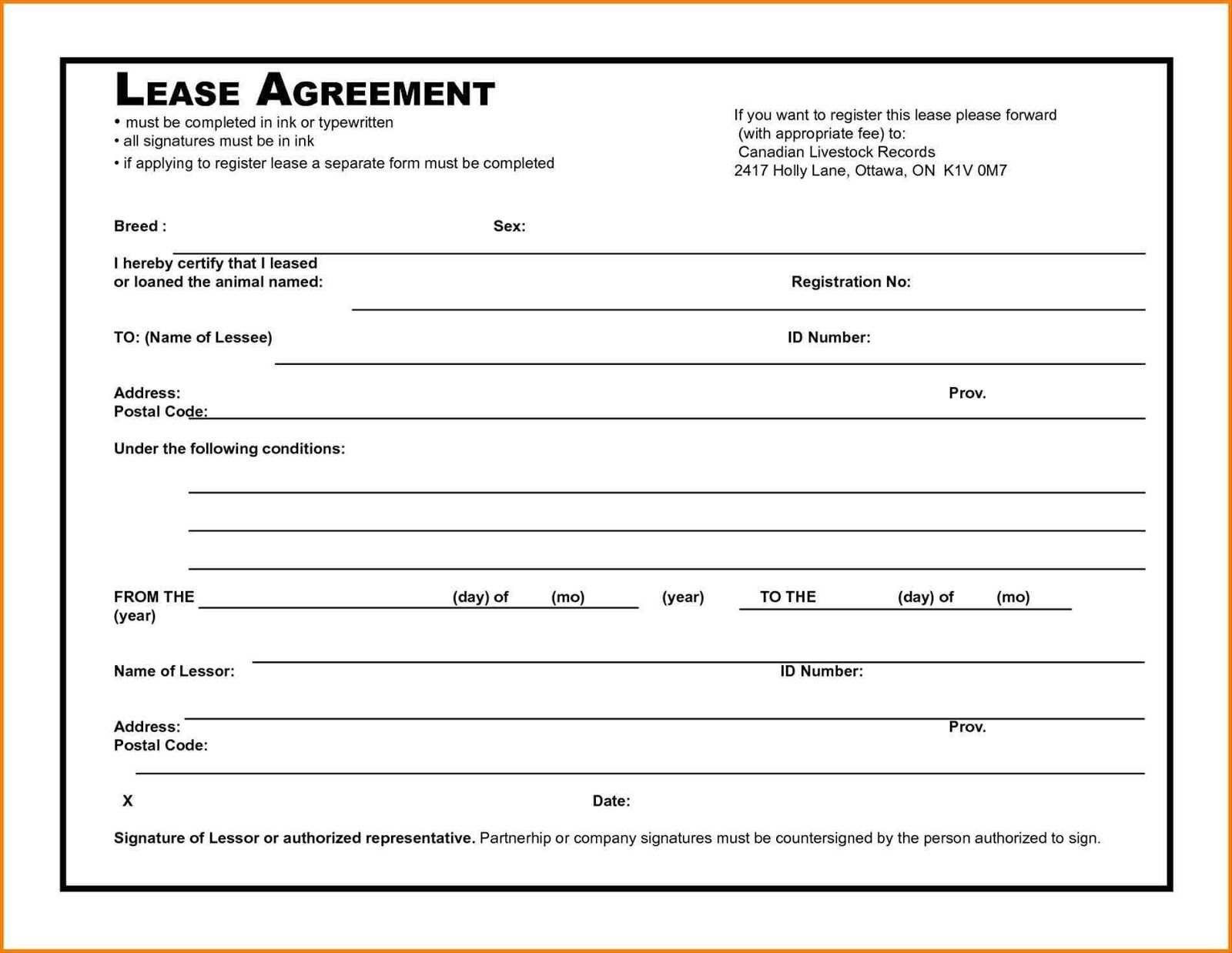A lease agreement is a legally binding contract between a landlord and a tenant, outlining the terms and conditions of renting a property. Whether you are a landlord or a tenant, understanding the legal responsibilities associated with lease agreements is crucial to ensure a smooth and satisfactory rental experience.
Key Components of a Lease Agreement
Before delving into legal responsibilities, let’s first discuss some essential elements typically included in a lease agreement:
1. Parties Involved
The lease agreement should clearly identify the landlord (property owner or leasing agent) and the tenant(s) who will be living in the rental property.
2. Rental Term
This section specifies the start and end dates of the lease, whether it’s a fixed-term lease (e.g., one year) or a month-to-month agreement.
3. Rent and Payment Terms
The lease agreement should outline the monthly rent amount, due date, late payment penalties, and payment methods accepted.
4. Security Deposit
It is common for landlords to require tenants to pay a security deposit, which serves as protection against any damages to the property. This section should state the amount of the deposit, conditions for its return, and any deductions that may be made.
5. Maintenance and Repairs
Both landlords and tenants have responsibilities regarding property maintenance and repairs. This section should specify who is responsible for what, such as maintaining the overall condition of the property, fixing minor damages, and requesting repairs.
6. Termination and Renewal
Lease agreements typically include provisions for how either party can terminate the agreement and under what circumstances. It should also mention if there is an option to renew the lease after its expiration.
The Landlord’s Legal Responsibilities
1. Property Condition
A landlord is legally obligated to provide a rental property that meets certain habitability standards. This includes ensuring the property is safe, clean, and absent of any hazards that could affect the tenant’s health or safety.
2. Repairs and Maintenance
If the lease agreement states that the landlord is responsible for repairs, they must address any issues promptly after being notified by the tenant. Failure to do so could result in legal consequences.
3. Privacy Rights
While the landlord has the right to enter the property for legitimate reasons such as repairs or inspections, they must respect the tenant’s right to privacy. Generally, landlords should provide reasonable notice and seek the tenant’s consent before entering the premises.
4. Security Deposit Handling
Landlords must abide by state laws regarding the handling and return of security deposits. This includes providing an itemized deduction list and returning the deposit within a specified timeframe after the tenant moves out.
The Tenant’s Legal Responsibilities
1. Rent Payment
Tenants have the legal responsibility to pay rent on time as stipulated in the lease agreement. Failure to do so may result in late fees, eviction, or legal actions by the landlord.
2. Property Maintenance and Cleanliness
Tenants are expected to take reasonable care of the rental property, ensuring it’s kept clean and in good condition. They should promptly report any damages or maintenance issues to the landlord.
3. Complying with Rules and Regulations
Tenants are obliged to follow the rules and regulations established by the lease agreement and any applicable laws. This may include restrictions on pets, noise levels, additional occupants, and illegal activities within the premises.
4. Giving Notice of Intent to Vacate
When tenants plan to move out at the end of the lease term or terminate the agreement early, they are typically required to give written notice to the landlord within a specified timeframe. Failure to do so may result in financial penalties.
Conclusion
Understanding the legal responsibilities outlined in a lease agreement is vital for both landlords and tenants. By fulfilling their obligations, both parties can maintain a positive and mutually beneficial rental relationship while avoiding potential disputes and legal complications.
